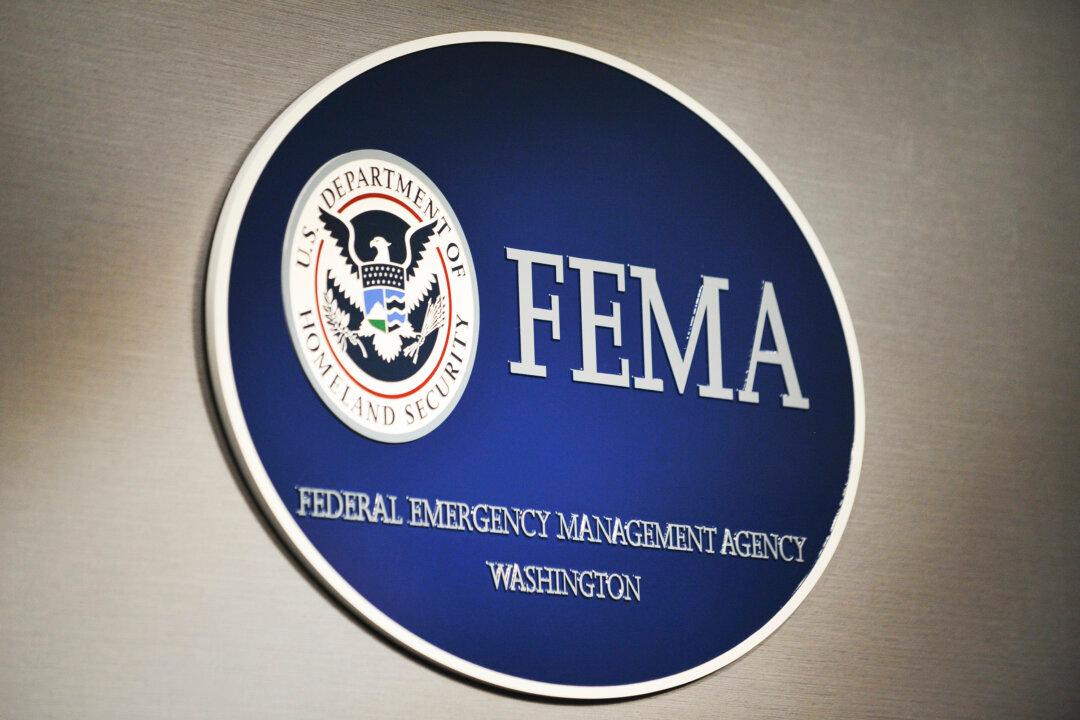The federal has promised to carve out $156 million for New York City to handle the illegal immigration crisis, but only a fraction of that amount was made available because of “stringent” guidelines, the city’s chief budget officer said.
The number was revealed by Jacques Jiha, the director of the mayor’s office of management and budget, as he testified on Monday during a finance hearing that kicked off the months-long process to negotiate a budget deal for the upcoming fiscal year.





